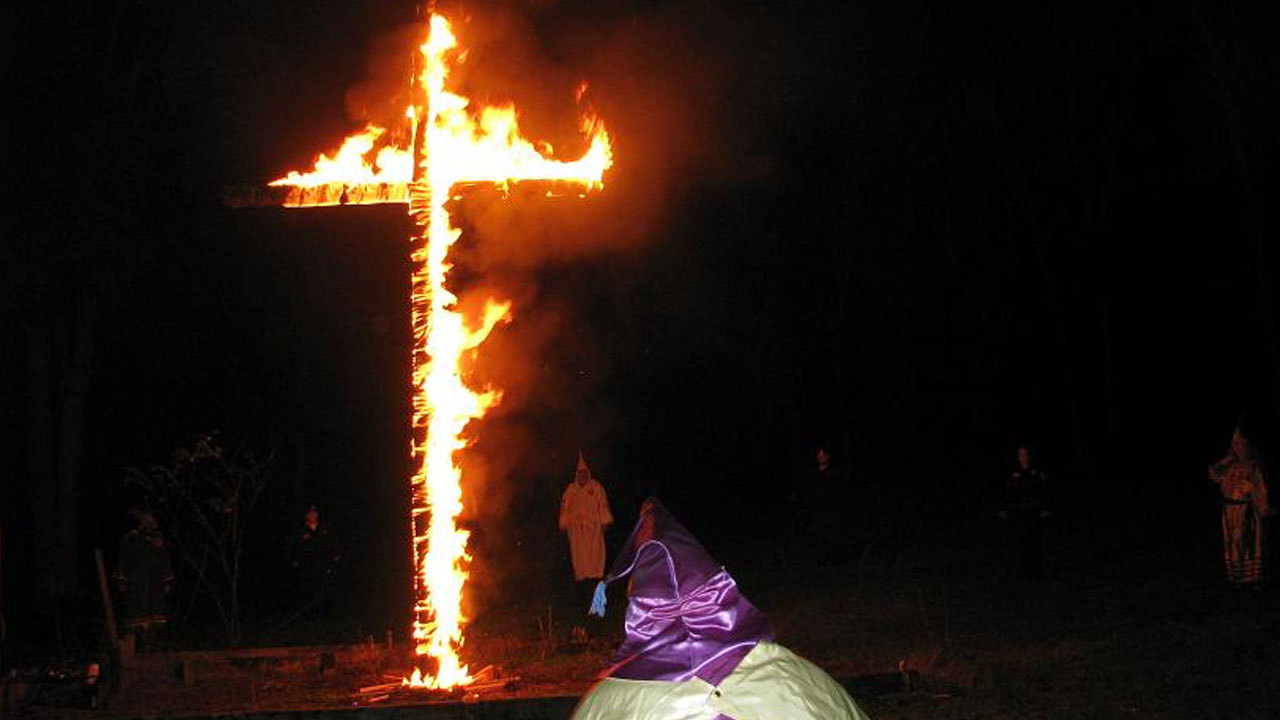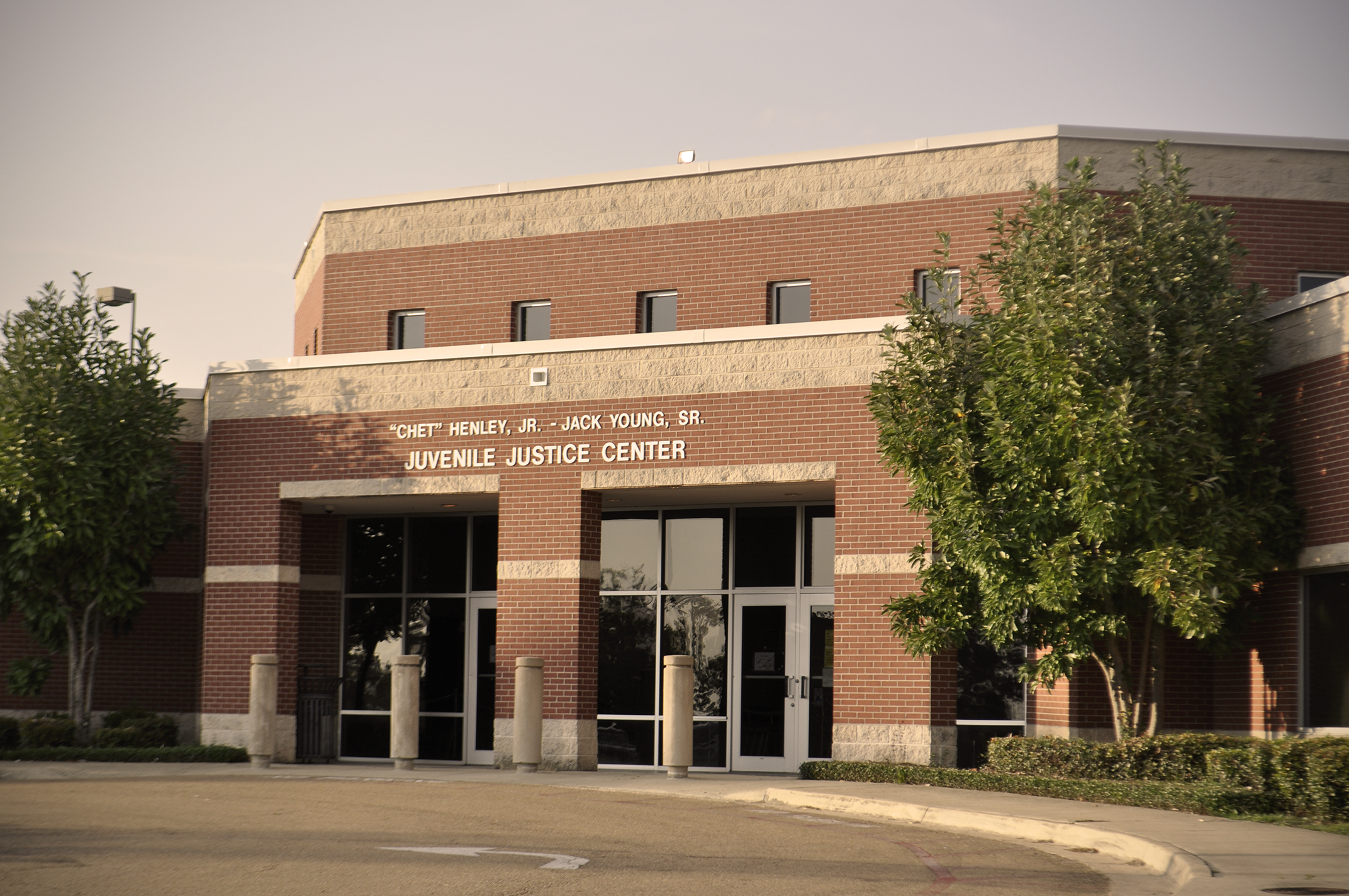An SPLC staff attorney recounts how a tearful meeting with a scared child at a Mississippi juvenile detention center led to a federal lawsuit and a settlement agreement to hold the lock-up accountable for its abuses.
About three years ago, I met a sad, scared little boy at the Henley-Young Juvenile Justice Center in Jackson, Mississippi.
When he entered the room at the detention center, I asked him how things were going.
“Not good,” he responded. He then burst into tears.
I sat there trying to calm down this frightened 12-year-old with serious mental health conditions. It wasn’t an easy task. He had been mocked by staff members for crying, and forced to stay in his cell for more than 20 hours a day. He had also gone without his mental health medication for two days. I listened as he described how afraid he was – fear that was only compounded by not being allowed to talk to his mother.
I left with mixed emotions. I knew there was very little I could do for him at that very moment. But I took comfort in knowing that as an SPLC attorney I was in a position to prevent him and other children from being subjected to unconstitutional conditions while in detention.
I went to my office and began drafting a complaint that would be filed in federal court on his behalf and for other children at the detention center.
The class action lawsuit against Hinds County, Mississippi, filed in 2011, described how children at Henley-Young were denied mental health services and subjected to verbal abuse and threats of physical harm by staff members.
The treatment of these children was jaw-dropping. One staff member, for example, taunted a young man and encouraged him to kill himself so that there would be “one less person officers have to worry about” after the teen began cutting himself with a razor.
The lawsuit stated how staffers regularly withheld necessary medication from children with serious mental health problems. They verbally abused children, cursing and threatening harm. One staff member even threatened to harm a child’s family because the child took too long to return to his cell after a shower.
It also recounted how youths – such as the young boy I met – were forced to stay in their small cells for 20 to 23 hours every day with very little human contact, exercise or access to education and rehabilitation programs.
It took months of negotiations, but the SPLC reached a settlement with Hinds County in March 2012 to improve the living conditions at the facility and protect the constitutional rights of the children held there. It was a significant step toward ensuring that these children receive the help and protection they need.
While I may not have been able to offer much immediate comfort to the young boy who was sobbing in front of me, the SPLC was able to ensure Hinds County will be held accountable for abuses that left so many children feeling sad, alone and afraid.
***
Corrie Cockrell is a staff attorney with the SPLC’s Mississippi office.




